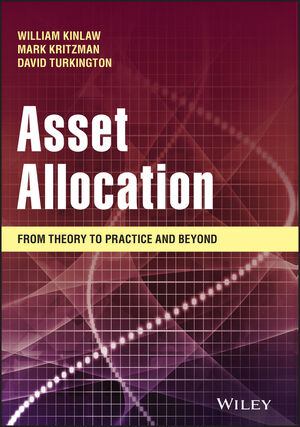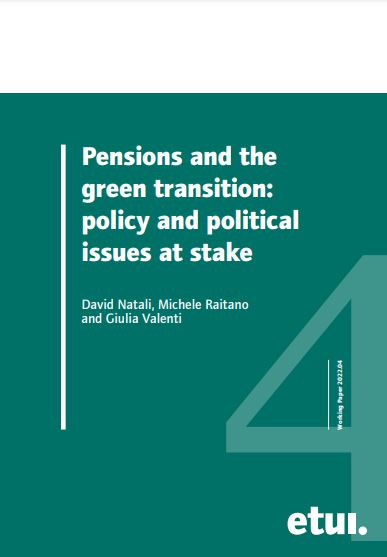LGBT CEOs and stock returns: Diagnosing rainbow ceilings and cliffs
By Savva Shanaev, Arina Skorochodova & Mikhail Vasenin This study is the first to investigate the implications of lesbian, gay, bisexual, and transgender chief executive officers (LGBT CEOs) for stock performance, using an exhaustive sample of 26 LGBT publicly listed company CEOs since 2000 to document statistically and economically significant financial outperformance of LGBT-led firms. Stocks of companies with openly LGBT CEOs generate a monthly alpha of 0.69%-1.08%, robust to portfolio weighting schemes, estimation frequency, multi-factor asset-pricing models, factor multicollinearity,...










